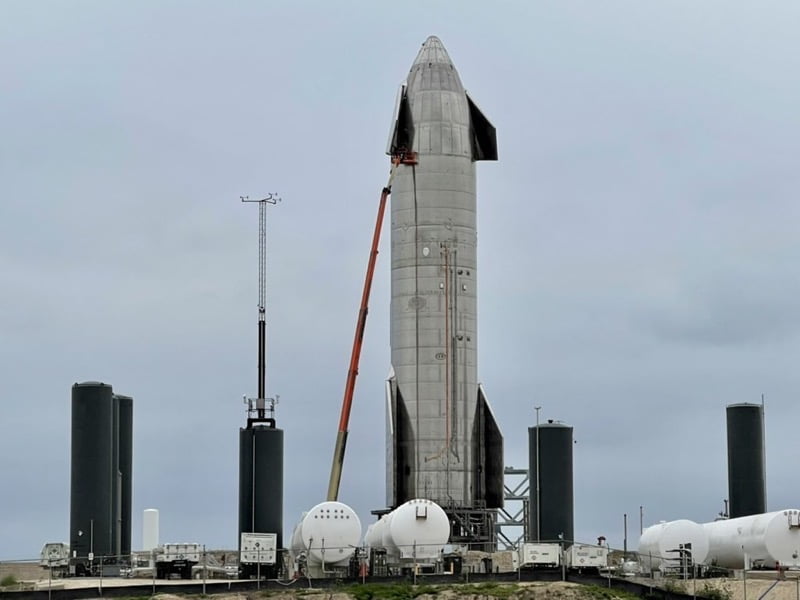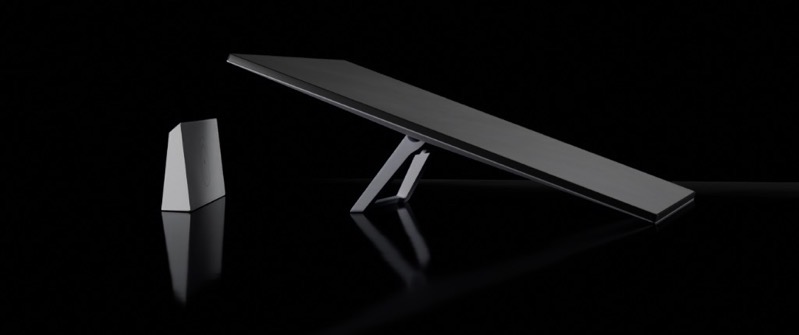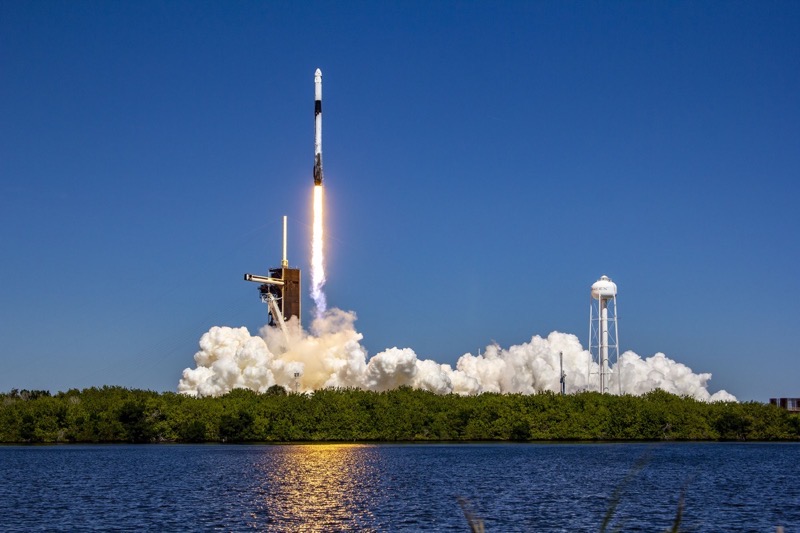
SpaceX Now Plans Next-Gen Starlink Launches with Starship Only, Instead of Falcon 9

SpaceX has revealed it plans to launch its second-generation Starlink satellite constellation with its Starship rocket only, instead of its dependable Falcon 9.
The news was revealed in a January 7 letter to the Federal Communications Commission, reports SpaceNews.
According to SpaceX lawyer William Wiltshire, development has exceeded the company’s expectations and thusly, it could begin “launching the Gen2 system as early as March 2022.”
Starship launches take place in Boca Chica, Texas, at SpaceX’s facilities at Starbase. SpaceX is awaiting Federal Aviation Administration approval by the end of February for its launch site’s environmental impact review.
To date, SpaceX has launched nearly half of its FCC-approved 4,408 satellites into low Earth orbit, at roughly 550 kilometer altitude. The larger second-generation Starlink constellation has yet to be approved by the FCC. SpaceX is now asking the FCC to fast-track approval as the company has picked Starship only for the next-gen Starlink satellite launches.
“Just as terrestrial wireless networks meet customer demands by operating more than one generation of technology simultaneously, SpaceX plans to use both of its networks to provide superior service,” wrote Wiltshire.
“SpaceX will continue to maintain its first-generation system, launching replacement satellites as appropriate to sustain the orbits in which it operates, even as it conducts the initial deployment of the Gen2 system. To be clear, operating both systems simultaneously does not mean that SpaceX will necessarily operate all of the satellites under its authorizations at all times in all areas,” added the SpaceX lawyer.
Both satellite generations of Starlink would be accessible by customers, says SpaceX. The new Starlink configuration would consist of 29,988 satellites, at altitudes in the range of 340 to 614 kilometers, across nine inclined orbits, reports SpaceNews.
The now-abandoned Falcon 9 plan would have sent up 29,996 satellites at altitudes from 328 to 614 kilometers, across a dozen inclined orbits.
On Sunday, SpaceX CEO Elon Musk shared a glimpse of the Starship launch and catch tower, teasing what the company is building for its latest rapidly reusable rocket.
Starship launch & catch tower pic.twitter.com/5mLIQwwu0k
— Elon Musk (@elonmusk) January 9, 2022

